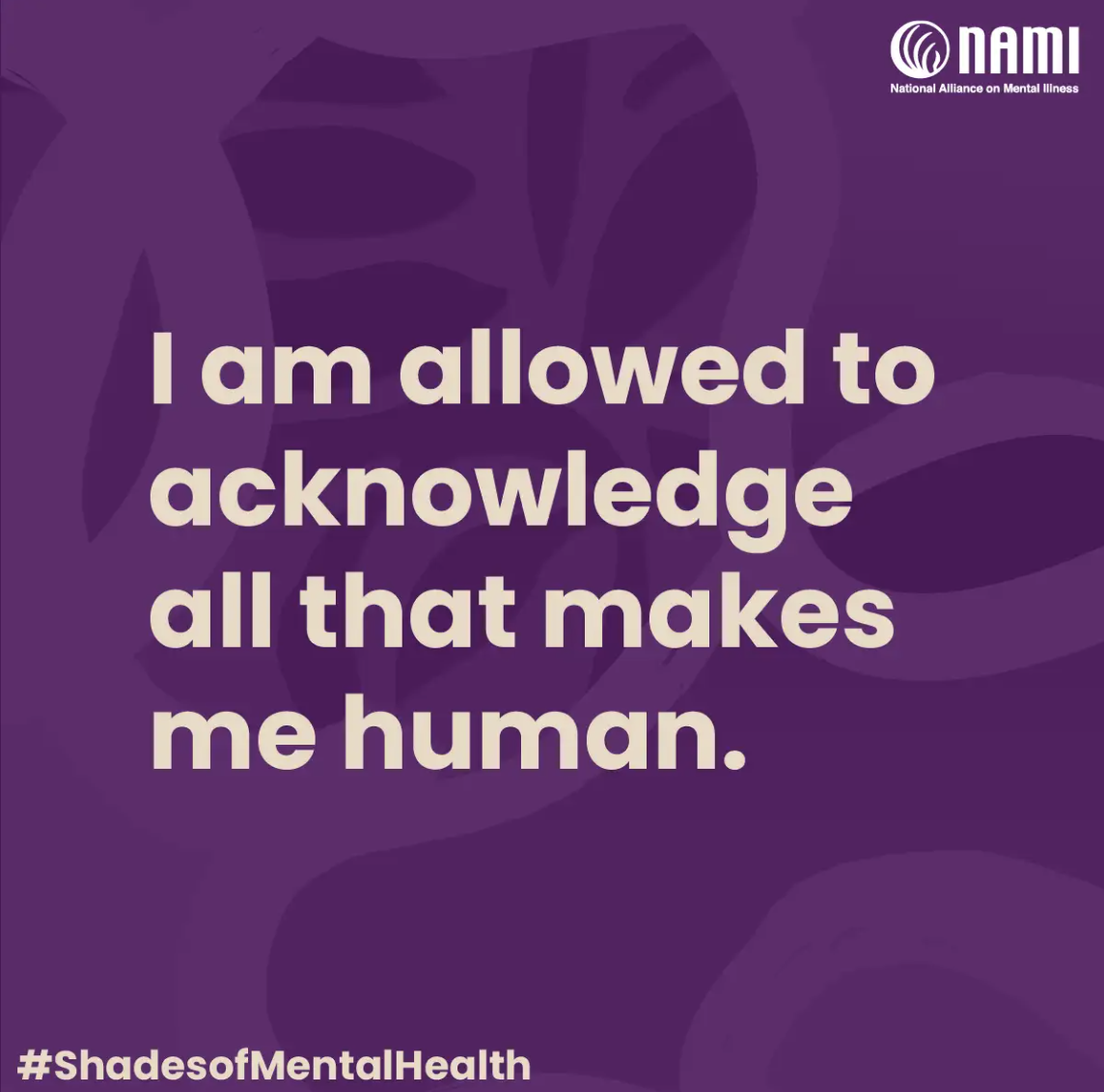By Janel Teʻo, M.A., Ashley Barnes, M.S., Dominique Hall
What is Bebe Moore Campbell Minority Mental Health Awareness Month?
Celebrating Minority Mental Health Awareness Month can ensure anti-discrimination in mental health care for all individuals. Anyone should be able to seek help without hardships and fear of judgment, regardless of their cultural and social background. By raising awareness, we can provide an inclusive mental health space that supports diverse experiences and well-being for everyone.
Everyone deserves culturally competent mental health care that acknowledges and respects the intersection of their identity and experiences. #ShadesofMentalHealth
Bebe Moore Campbell Minority Mental Health Awareness Month was first recognized and nationally declared in July of 2008. This was sponsored by Rep. Albert Wynn and cosponsored by a large bipartisan group.
Bebe Moore Campbell was a Black American author, journalist, teacher, and mental health advocate. She used her voice to address the profound impact of racism, mental health and the strength of community, connections, and culture. She co-founded NAMI Urban Los Angeles and became a change agent whose impactful work revolutionized the approach taken with treating mental health in underserved communities.
“Once my loved ones accepted the diagnosis, healing began for the entire family, but it took too long. It took years. Can’t we, as a nation, begin to speed up that process? We need a national campaign to destigmatize mental illness, especially one targeted toward African Americans…It’s not shameful to have a mental illness. Get treatment. Recovery is possible.”– Bebe Moore Campbell, 2005
Thanks to Bebe Moore Campbell, July is recognized as Minority Mental Health Month in the United States. This observance aims to raise awareness about the unique mental health challenges faced by minority communities, including racial and ethnic minorities, LGBTQ+ individuals, refugees, immigrants, and others who often experience disparities in access to mental health care and support.
Minority Mental Health
According to Mental Health America, 6.8 million Black/African Americans, 8.9 million Latinx/Hispanic Americans, 2.2 million Asian Americans/Pacific Islanders, and 830,000 Native Americans are reported to be living with mental illness; further, people who identity as being two or more races are most likely to report any mental illness within the past year than any other race/ethnic group. As previously described, BIPOC mental health is heavily influenced by historical and current marginalization as well as race-related trauma. Mental Health America describes racial trauma, “or race-based traumatic stress (RBTS)” as the “mental and emotional injury caused by encounters with racial bias and ethnic discrimination, racism, and hate crimes.”
Ways to support Minority Mental Health Month.
Here are some ways you can support Minority Mental Health Month and contribute to improving mental health outcomes for minority communities:
- Educate Yourself: Take the time to learn about the specific mental health issues that affect minority groups. Understanding the cultural, social, and systemic factors that contribute to disparities in mental health care is crucial.
- Amplify Voices: Use your platform to amplify the voices of minority individuals and organizations working in the mental health field. Share their stories and experiences to raise awareness and reduce stigma.
- Promote Culturally Competent Care: Advocate for and support mental health services that are culturally competent and inclusive. Encourage mental health professionals and organizations to provide services that respect and address the diverse backgrounds and needs of minority communities.
- Support Advocacy Efforts: Get involved in advocacy efforts that aim to improve mental health policies and access to care for minority communities. This can include supporting legislative initiatives, signing petitions, or joining community campaigns.
- Start Conversations: Initiate open and respectful conversations about mental health within your own community or social circles. Encourage discussions about the unique challenges faced by minorities and how to support each other.
- Combat Stigma: Challenge stereotypes and stigma surrounding mental illness within minority communities. Encourage acceptance, understanding, and seeking help when needed.
- Volunteer and Donate: Consider volunteering your time or donating to organizations that provide mental health services specifically tailored to minority populations. Your support can make a significant difference in improving access to care.
- Take Care of Yourself and Others: Mental health is important for everyone. Practice self-care and encourage those around you to prioritize their mental well-being. Supporting each other in times of need can strengthen community resilience.
By taking these steps, you can help raise awareness, promote inclusivity, and contribute to creating a more supportive environment for minority individuals struggling with mental health issues.
Get Support
Receiving care from mental health professionals who are knowledgeable about minority concerns and who are culturally competent makes for a positive, inclusive treatment experience. Often, patients seek care from psychiatrists or therapists who share similar aspects of their identity with them such as race and ethnicity. Mental health professionals often share their specializations, experience, and important aspects of their identity on company websites, social media, and on platforms such as Psychology Today. At the Mental Health Center, we cherish the diverse staff and physicians that work with us.
If you are seeking help, please contact us to see a culturally sensitive psychiatrist today.


